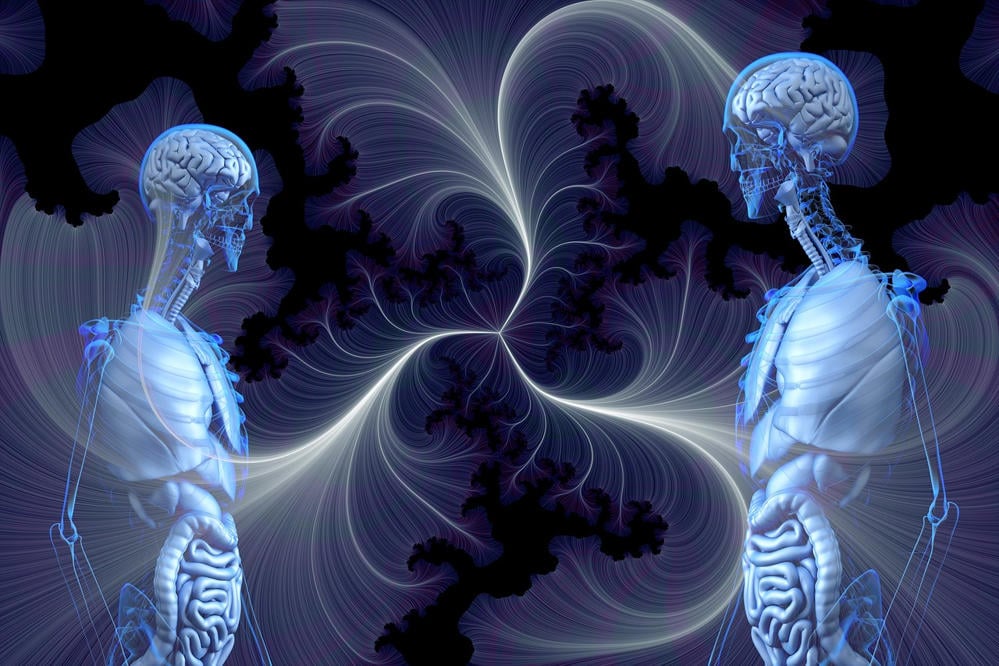
Some kind of eternal life can be possible with the help of technology, according to the physicist Stephen Hawking. Could we become immortal in the future?
The 71-year-old eminent scientist, speaking at the premiere of a film about his life, said that if the brain can function outside of the human body, then eternal life is possible.
“The brain is like a computer program. Theoretically, it is possible to “copy” the human brain to a computer as if it were software and provide in this way a sort of afterlife,” said the astrophysicist during the Cambridge Film Festival at the premiere of Stephen Finnigan’s movie entitled «Hawking».
“But today, under the prevailing circumstances, it is not feasible. I think that the concept of conventional life after death is a tale for people who are afraid of the dark,” says Hawking.
The scientist made similar statements two years ago in an interview:
“I see the brain as a computer which stops working when its components are damaged. And there’s no heaven or afterlife for damaged computers.”
But as it seems, now he is more optimistic about the possibility that humans might become immortal thanks to technology.
In 1963, at age 21, Hawking learned that he would live “two to three more years” because the diagnosis of doctors was explicit and unequivocal: neurological disorder known as Lou Gehrig’s disease.
However, persistence and will allowed him to live not three years, but half a century more, although the progression of the illness made his everyday life difficult.
The disease caused him great difficulties in speech and in 1985, because of a tracheotomy, the scientist lost the ability to speak completely. Today, he communicates via a special speech production device designed in Cambridge.
From 1979 until 2009, the distinguished physicist held the Lucasian Chair of Mathematics at the British University of Cambridge, which had previously been held by Isaac Newton, the father of modern physical science.